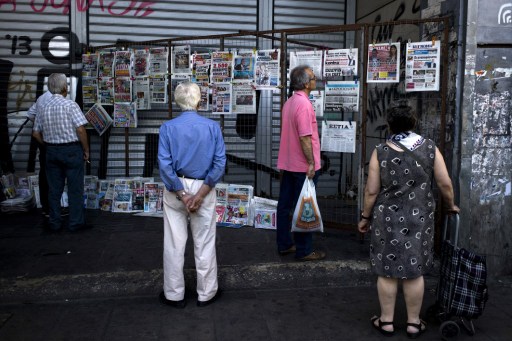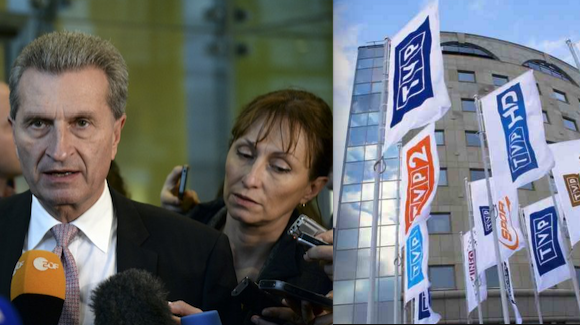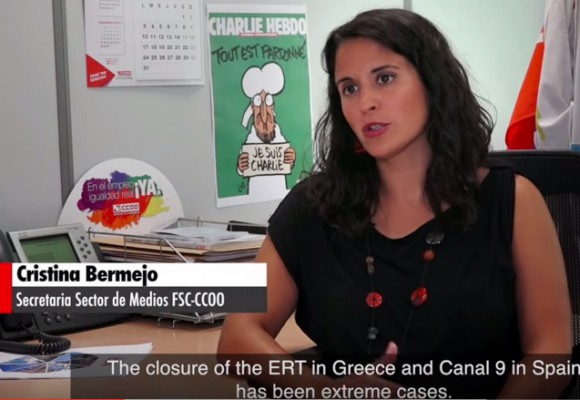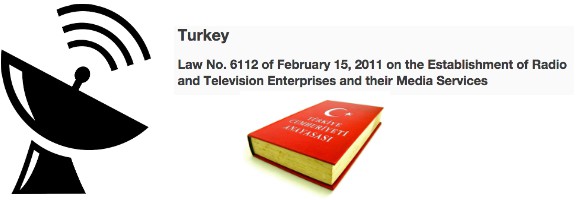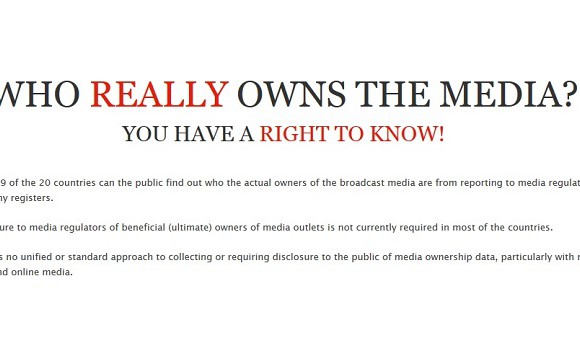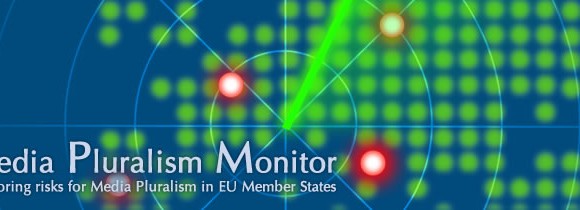OSCE Expert Conference: Strengthening media freedom and pluralism in Ukraine during times of conflict
The nature of conflict in the world has changed, and along with it the relationship between the media and society. Modern technologies, while presenting new opportunities for the collection of information and the dissemination of reporting, also present new dangers. Trolls and bots can now help “false news” and “hate speech” to propagate in the digital sphere threatening security and stability of societies. Yet, maintaining a free press has never been more important. Disinformation, censorship, and attacks on investigative reporters endanger it by destroying trust and accountability between and within our nations and democratic institutions. When these negative phenomena are…


